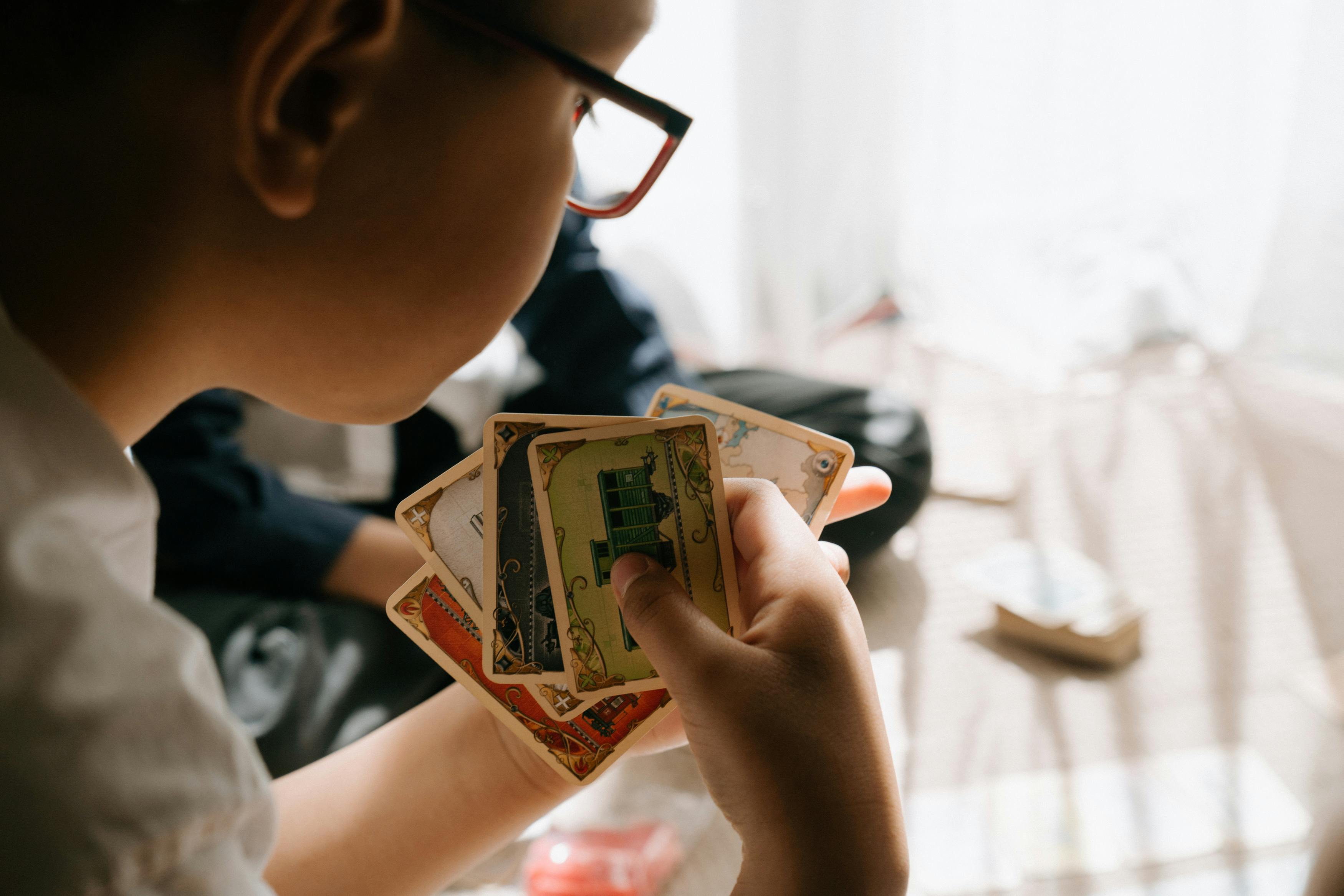
Board games: an educational tool to stimulate intelligence and sociability
In a world where screens are omnipresent, board games are making a comeback as an essential means of intellectual and social development, especially among young children. Not only are these games entertaining, but they also serve as valuable educational tools, stimulating intelligence, strategic thinking, and sociability. Age-appropriate games can help develop specific skills while strengthening social and family bonds. This article explores how board games can be used effectively to enrich the education and social lives of children and families.
Board games for 3-year-olds
At the age of three, children begin to master the basics of communication and develop their ability to follow simple instructions. Board games suitable for this age group are designed to stimulate these skills while being simple enough to capture their attention.
Cognitive development: Games that require color sorting, shape matching, or coin counting help develop visual recognition and basic math skills. Games like "My First Orchard" provide a great introduction to simple rules and decision-making.
Social skills: Playing with other children or adults by following simple rules encourages turn-taking and patience. Board games at this age also help teach frustration management and the joy of sharing successes.
Examples of suitable games: Games like "The Very Hungry Caterpillar," based on the popular book, allow children to engage in play activities that strengthen memory and concentration. Others, like simple puzzles or magnetic fishing games, combine fun and pressure-free learning.
These games aren't just fun; they're educational tools that help children develop vital skills at a young age while having fun.
Board games for school-aged children
School age is a crucial period for intellectual and social skill development. Board games can be an excellent way to strengthen these skills in a fun and engaging setting.
Strengthening logic and strategic thinking: Games that require planning and strategy, such as chess or Catan Junior, allow children to practice problem-solving and logical reasoning. These games encourage children to anticipate their opponent's moves and develop strategies to win.
Play-based learning: Many board games are designed to reinforce academic skills such as math, reading, and science. For example, "The Orchard" or "Ticket to Ride" are excellent for developing counting and geography skills while having fun.
Game suggestions: For children who enjoy a challenge, Scrabble Junior or Math Dice are fantastic choices that combine learning with play. These games are not only entertaining but also provide a platform to develop critical thinking and communication skills.
Board games for school-aged children are not only a way to spend quality time with family; they are also educational tools that contribute to children's cognitive and social development.
Board games for the whole family
Board games aren't just for kids; they can be a great way for the whole family to get together and engage. Playing as a family provides opportunities to strengthen bonds while teaching important values like cooperation and mutual respect.
Strengthening Family Bonds: Games like "Pandemic" or "Carcassonne" allow family members to collaborate toward common goals, strengthening interpersonal bonds and group dynamics.
Games suitable for all ages: It's essential to choose games that can be enjoyed by different age groups. "Dobble" or "Uno" are big favorites because they're easy for younger children to understand while remaining captivating for adults.
Social and emotional benefits: Family play encourages communication and helps develop social skills in children. Board games are also a great way to unwind and relax together after a busy day.
Family board games create an inclusive space for fun and learning, giving every family member the chance to contribute and grow together.
Board games are more than just entertainment; they are real educational tools that stimulate the intelligence, sociability, and emotional development of children and adults. By regularly incorporating board games into family activities, parents can not only strengthen family bonds but also encourage their children to develop essential skills such as critical thinking, problem-solving, and effective communication. Board games therefore represent an enriching and fun way to learn and grow together, promoting a harmonious and educational family atmosphere. Let us therefore encourage the use of these educational games to develop young minds while having fun as a family.






